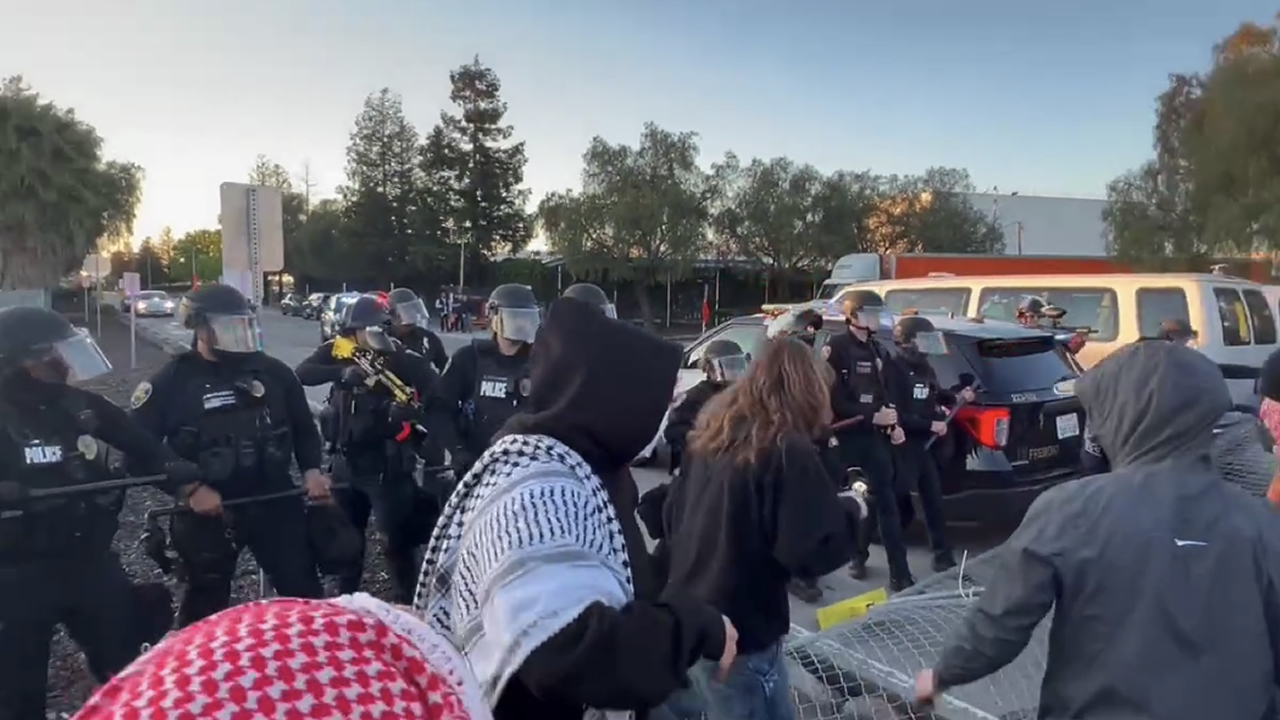Campaigns are texting voters out of the blue -- and it's perfectly legal


SAN FRANCISCO (KGO) -- We've all heard of robo-calls, but lately, political campaigns have been doing something else: texting.
We began looking into it when ABC7 News Anchor Reggie Aqui got a text from someone named Rose, with Gavin Newsom's campaign for governor. He's not the only one.
"It's like a little bit of an invasion of your privacy, because -- how did this political whatever get my number?" asked Theodore Hunt as he waited for the bus on Market Street.
RELATED: California governor debate focuses on housing, gas tax
Everyone we asked had a different theory on how it happens.
"Someone sells it? Company sells it? I don't know," said Adriana Petersen.
But it turns out, the campaigns had voters' numbers all along. Just like political phone banking, campaigns are texting you at the number you voluntarily gave when you registered to vote. It started during the 2016 presidential campaign, and now, Newsom's campaign is one of many using text as a means of outreach.
"Texting hundreds of thousands of voters per week -- and this is an effort to really talk to voters in a way that's native to them," said Newsom campaign digital director Emmy Bengtson.
The fact is, in 2018, texting is how most Americans communicate. And like it or not, campaigns like Newsom's have seen the results, and they're giving it two thumbs -- way up.
RELATED: SF mayoral candidates form alliance in odd turn
"The response rates are just unheard of, compared to email and traditional phone or door-knocking operations," Bengtson said.
And most people we talked to agree: they'd rather a text than a phone call.
"When you answer the phone, it's annoying -- but with texting, you can read it and be like oh, okay whatever," Hunt said.
That's exactly what the campaign is hoping for: a willingness to glance at the message, and at least consider its contents before deleting it. For those who respond, a real conversation might ensue: it turns out Rose is a real person. The law requires every text to have a live volunteer on the other end.
RELATED: Bay Area counties offering new features to help voters
"We train our volunteers to have those conversations authentically, and of course, if folks do unsubscribe or ask to be removed, we do that immediately," Bengtson said.
In Reggie's case, Rose didn't respond to that request. The Newsom campaign said supervisors look over the texts, and they'll make sure it's done.
Click here for more stories related to the 2018 election.








